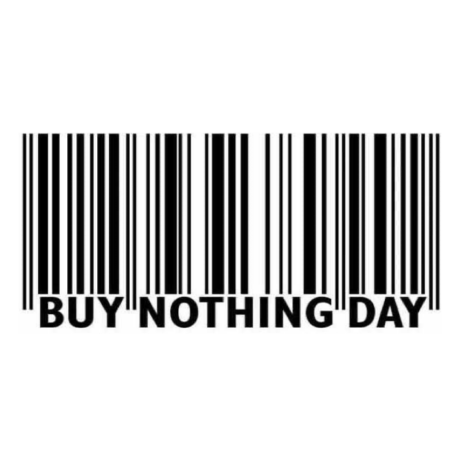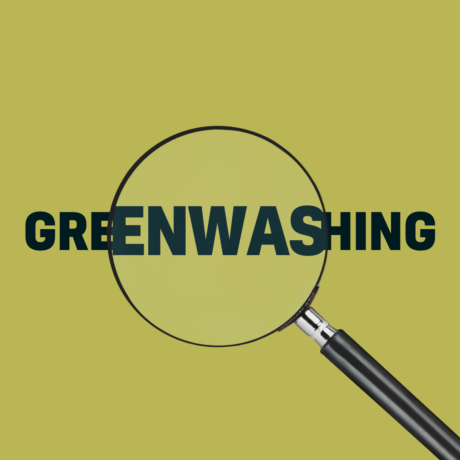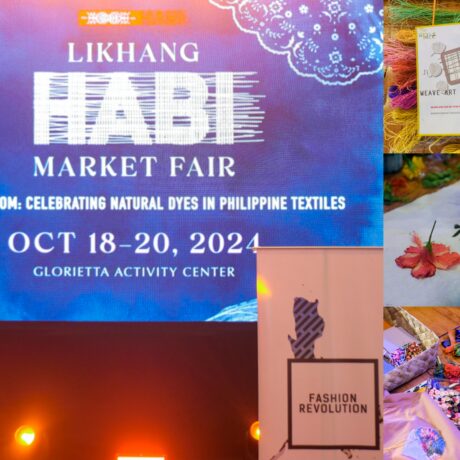Response to Daily Mail Article on Russell Brand’s Sweatshop Sweatshirts
The feature in today’s Daily Mail proclaims ‘Hypocrite Brand’s trendy tops made in Bangladesh sweatshop: Millionaire comic sells £60 sweatshirts from workers earning just 25p an hour’
25p an hour, surely that’s a lot more than most garment workers in Bangladesh receive? Was this just another article like the Fawcett Society T-Shirt article which aims to scandalise its readers whilst actually showing an example of what is, shockingly, accepted as best practice?
Sure enough, scroll down to the bottom of the article and it states that ‘Industry regulator, Fair Wear Foundation, says the factory is one of the best employers in the country and pays more than other less scrupulous operators’. The shocking part of this story is not the 25p an hour that the garment workers are earning, nor the 11 hour days which are routine in the industry. A Panorama investigation in September 2013 exposed the garment workers who were locked in for 19 hour shifts, with timesheets falsified to show they left at 5.30pm instead of 2.30am the next morning. Brand claims his sweatshirts are ethical on his website, but what does ethical mean? Is paying 15% more than a minimum wage which will keep the worker in absolute poverty really an acceptable reason to label a garment ‘ethical’?
The best is nowhere near good. It is nowhere near good enough. The legal minimum wage in most garment-producing countries is rarely enough for a worker to live on. It is estimated that the current minimum wage in Bangladesh still only covers 60% of the cost of living in a slum. A garment worker receiving the minimum wage who has a child to look after will be classified as living in extreme poverty. Not only do minimum wages keep garment workers in a cycle of poverty, but they also add to the pressure to work long overtime hours. There is a direct correlation between working hours and accidents at work, but many of the health and safety issues resulting from excessive overtime are not even visible, such as mental health problems and increased exposure to chemicals.
In the Labour Behind the Label report Tailored Wages (March 2014) just 4 of the 40 leading international clothing brands asked were able to demonstrate work they were doing that could lead to a living wage. Brands who are doing little or no work towards a living wage, scoring between 0.5 and 5 out of a maximum score of 40 were Aldi, Debenhams, Esprit, Gucci, Mango, Matalan, Pentland (inc. Speedo, Hunter), VF Corporation (inc. Lee, Wrangler, The North Face, Timberland), and Versace. The Behind the Barcode report from April 2015 found that just 12% of fashion brands surveyed could demonstrate any action at all towards paying wages above the legal minimum and, even then, only for part of their supply chain.
At Fashion Question Time, organised by Fashion Revolution in the Houses of Parliament on 26 February 2015, Catarina Midby, Global Head of Sustainable Communications at H&M said ‘We believe that the garment industry is the way out of poverty’. Jenny Holdcroft, Policy Director at IndustriALL Global Union responded by saying “I think it’s clear that the brands that have driven this sort of sourcing model have not paid any attention to wages… The factory owner who also wants to make a profit out of this wants to see where they can squeeze. Often they can’t squeeze the materials because the brand can specify what the materials are and where they come from, they can’t squeeze on overhead costs like rent, electricity, taxes. So where does the squeeze come? There’s really only two areas: their own profit margin or workers’ wages. And this is not something that the brands have ever really unpacked”.
The race to the bottom will continue unless we take a systemic approach to the issue of a living wage by working with governments and unions to set a legal, enforceable minimum wage in their country which ensures workers can meet their basic needs. A Fashion Revolution is needed because the brands, even the best of the brands who are working most proactively towards a living wage, will never change the system.
So how much more would we have to pay for Russell Brand’s sweatshirt if he had paid the garment workers a living wage? It has been estimated that putting as little as 25p onto the cost of a garment made in Bangladesh would provide the producers with a living wage and pay for factories to meeting fire and building safety standards. Three-quarters of those questioned in a YouGov/Global Poverty Project survey said they would be likely to pay an extra 5% for their clothes if there was a guarantee workers were being paid fairly and working in safe conditions.
As well as the wage issue, there is also the issue of stuff, all this stuff. Do we really need another load of sweatshirts? Cheap, possibly badly made, polluting, sweatshirts? Why doesn’t Russell Brand, who is clever enough and original enough, or so we are lead to think, find a better product to sell to raise money and awareness? Why, instead of promoting his own ‘brand’ of completely unnecessary clothes, didn’t he take a different approach? Why not sell his own stuff, from his own wardrobe for charity as Liberty London Girl has done recently, as well as that of his friends and celebrity pals. Why couldn’t he print on previous season’s stock from one of the hundreds, if not thousands, of young British designers struggling to sell at all?
The more we make, the more we throw, and no charity on this planet can possibly benefit if we are encouraging a system which is faulty from start to finish, where bad products are ill-conceived and end up in landfill, or being shipped to developing countries where they undermine the local textile trade which some of those same charities are simultaneously trying to support.
What this article in the Daily Mail does demonstrate is why we urgently need a more transparent fashion industry. The sweatshirts were labelled Screenprinted and Produced in the UK, but the label in the sweatshirt says Made in Bangladesh. Labelling laws are incredibly lax and even doing as little as sewing on a label in Italy could mean the garment can be labelled Made in Italy, even if the majority of the production is done elsewhere. The fashion supply chain is so murky that we, as consumers, have very little way of knowing who really made our clothes and if we don’t know who made them, we can’t begin to find out how much they were paid and in what conditions they are working. Without investigations like this one by the Daily Mail, how can we know whether collections labelled as ethical, fair or conscious are really that much better than the rest?
We live in an era when any investigative journalist can unravel supply chain secrets, and it is only a matter of time before the public discovers the facts. Transparency is an issue of brand reputation, or in this case Brand reputation. To be truly transparent, we also need to be accountable and Russell Brand should step up to the mark and take responsibility for what has happened. As a ‘troubled visionary seeking to change the world’ we need him to support a Fashion Revolution, not perpetuate the status quo.
You can read the full transcript of Fashion Question Time or download the podcast here
By Fashion Revolution co-founders Carry Somers and Orsola de Castro








